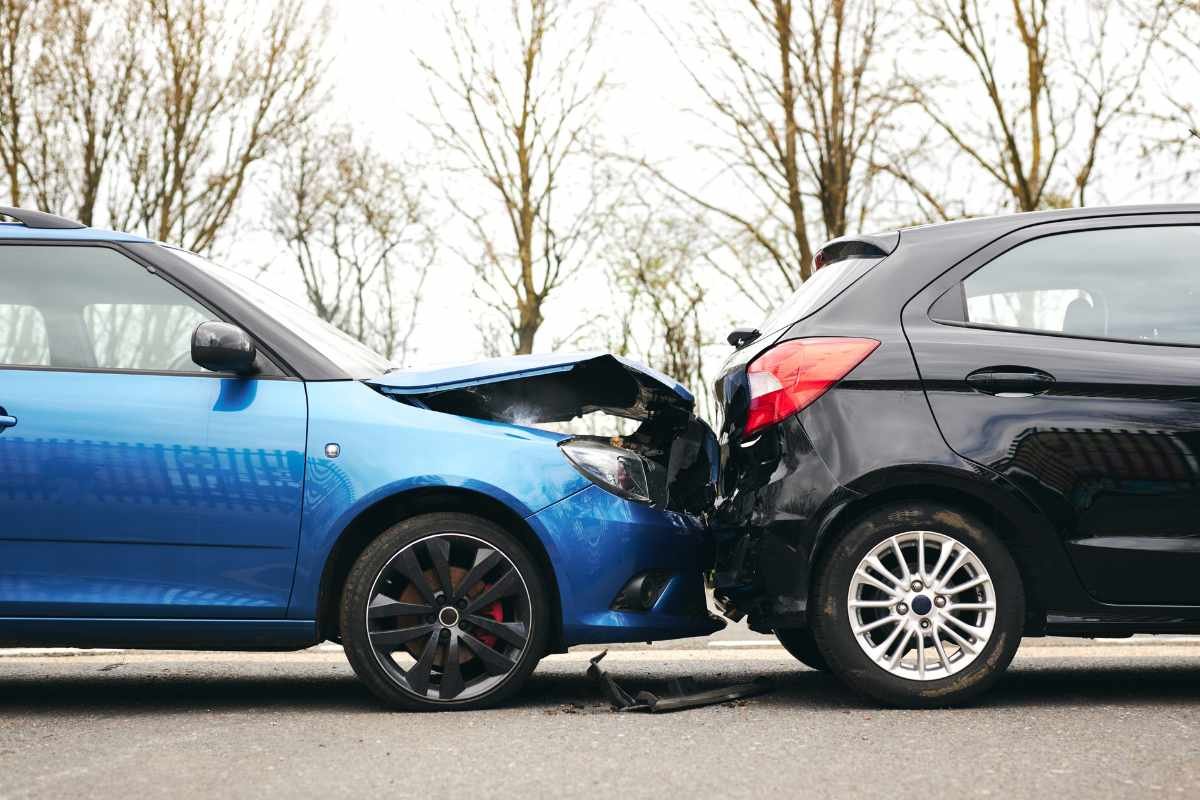Car accidents can happen suddenly, leaving victims with a whirlwind of concerns, from medical expenses to vehicle repairs. In such moments, having a reliable car accident lawyer becomes crucial to navigating the complexities of legal and car accident insurance processes. Rancho Cucamonga, with its bustling roads and growing population, is no stranger to the challenges posed by car accidents. As one of Southern California’s vibrant communities, Rancho Cucamonga experiences its share of traffic incidents, often requiring residents to seek legal guidance to ensure they are adequately protected and compensated.
The city’s diverse roadways, ranging from busy urban streets to more rural stretches, can contribute to a variety of accident scenarios. Whether you’re dealing with a minor fender-bender or a more serious collision, understanding your legal rights and car accident insurance coverage in Rancho Cucamonga is essential. By working with a knowledgeable car accident lawyer, you can confidently navigate the aftermath of an accident, ensuring that your interests are safeguarded and that you receive the support you need during a challenging time.
Here are 9 Important Points on Car Accident Insurance:
1. Understanding Liability Insurance:
Liability insurance is a fundamental component of any car accident insurance policy. It provides coverage for damage or injuries sustained by others for which you’re legally responsible. In other words, if you cause an accident that results in someone else’s injury or property damage, liability insurance helps cover those costs.
2. Comprehensive Coverage:

While liability insurance covers damages to others, comprehensive coverage protects you against damage to your vehicle from non-collision incidents like theft, vandalism, natural disasters, or hitting an animal. Having comprehensive coverage can provide you with added peace of mind as it helps minimize your financial liability when unexpected events occur.
3. Uninsured/Underinsured Motorist Coverage:
Imagine being involved in an accident where the at-fault driver doesn’t have car accident insurance or doesn’t have enough coverage to fully compensate you for your losses. This is where uninsured/underinsured motorist coverage comes into play. It ensures that if you’re involved in a collision with a driver who lacks adequate insurance, you’re still protected financially.
4. Medical Payment Coverage:
Car accidents often result in injuries requiring medical attention and treatment. Medical payment coverage helps pay for reasonable medical expenses resulting from an accident—regardless of fault—such as hospital bills, rehabilitation services, and even funeral expenses in case of a fatality.
5. Personal Injury Protection (PIP):

Unlike medical payment coverage, personal injury protection (PIP) can go beyond just reimbursing medical expenses—it also covers lost wages during recovery periods due to accident-related injuries. Depending on your policy, PIP may also cover essential services like childcare or household help that you require while you’re unable to perform those tasks due to the injuries sustained.
6. Importance of Promptly Filing Claims:
When it comes to filing a claim after a car accident, time is of the essence. It’s essential to contact your insurance company as soon as possible and provide them with accurate and detailed information about the incident. Failing to report the accident promptly could result in delays, complications, or even denial of your claim.
7. Understanding Deductibles:
Deductibles are an important factor in determining how much you’ll have to pay out-of-pocket for repairs or medical costs before your insurance coverage kicks in. When selecting your policy, make sure you find a balance between a higher deductible (which usually lowers your premium) and a deductible amount that you can comfortably afford in case of an accident.
8. Policy Limits Explained:

Policy limits refer to the maximum amount your insurance company will pay for covered expenses. As important as it is to understand what your policy covers, it’s equally crucial to know its limits. Exceeding these limits could leave you financially responsible for any additional costs not covered by your insurer.
9. The Role of Legal Representation:
Many car accident victims choose to seek legal representation when navigating insurance claims due to their complexity and potential disputes. An experienced attorney can help protect your rights, negotiate on your behalf with insurance companies, assess the true value of claims involving injuries and damages, gather the evidence required for settlement negotiations or trial if necessary, and handle all legal procedures involved in resolving such cases fairly.
Conclusion:
Car accidents can be physically, emotionally, and financially devastating. That’s why understanding how car accident insurance works and getting adequate coverage is crucial. From liability insurance protecting others from damage caused by you to comprehensive coverage safeguarding against non-collision incidents and uninsured motorist coverage filling the potential gaps left by the other driver’s insufficient insurance, informed decisions about your policy can make all the difference when accidents happen. Don’t forget to review and update your coverage regularly and seek experienced legal representation if required to ensure fair resolution of any disputes.
Also, Read Factors to Evaluate When Buying a Car Before Your Next Trip









